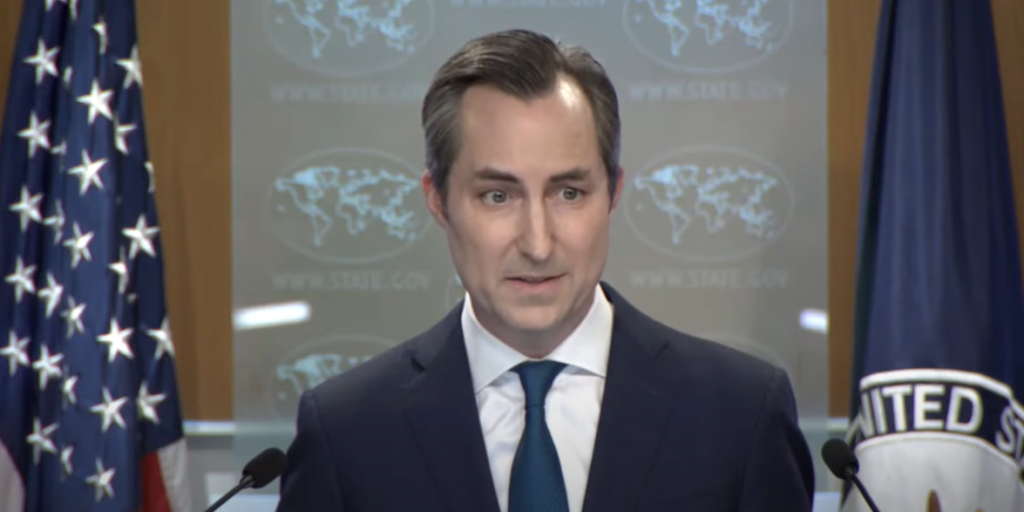The U.S. considers altering its aid to Georgia
Others are reading now
The United States is considering changes to the aid it provides to Georgia after the country passed the controversial Foreign Influence Transparency Act and showed signs of moving away from pro-Western policies.
Potential Aid Reevaluation
State Department spokesman Matthew Miller stated that the U.S. might alter its approach to its relationship with Georgia.
“This includes the amount of aid we provide to Georgia. Over the past few years, we have budgeted approximately $390 million, and this is now being reviewed,” Miller said on Wednesday in a press briefing.
He indicated that this review could lead to changes in U.S. policy towards Georgia, including potential sanctions and visa restrictions.
Also read
The Foreign Influence Transparency Act, recently passed in Georgia, has raised concerns among Western allies.
Critics argue that the law could undermine democratic processes and silence opposition, similar to laws used in Russia to target NGOs and dissent.
U.S. Response and Possible Sanctions
Miller’s comments followed U.S. Secretary of State Antony Blinken’s announcement of new visa restrictions for those undermining democracy in Georgia.
These steps show the U.S. is worried about actions by Georgia’s ruling Georgian Dream party, which has accused the West of “blackmail” in response to criticism.
The State Department is still reviewing its relationship with Georgia, which could mean less financial aid and more sanctions.
“We are investigating what to do, how, and when to do it,” Miller noted.
The European Union has also expressed concerns about Georgia’s new law.
The adoption of the Foreign Influence Transparency Act has prompted the EU to consider reevaluating Georgia’s visa-free travel agreement.








